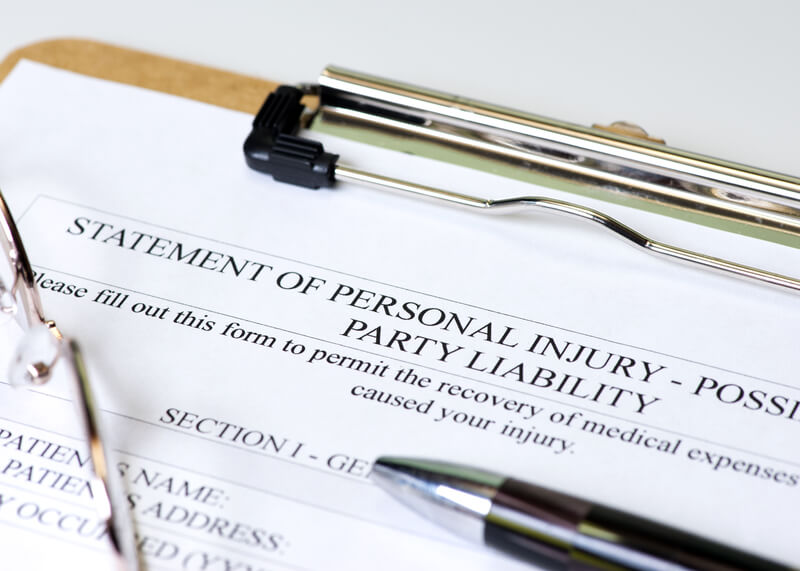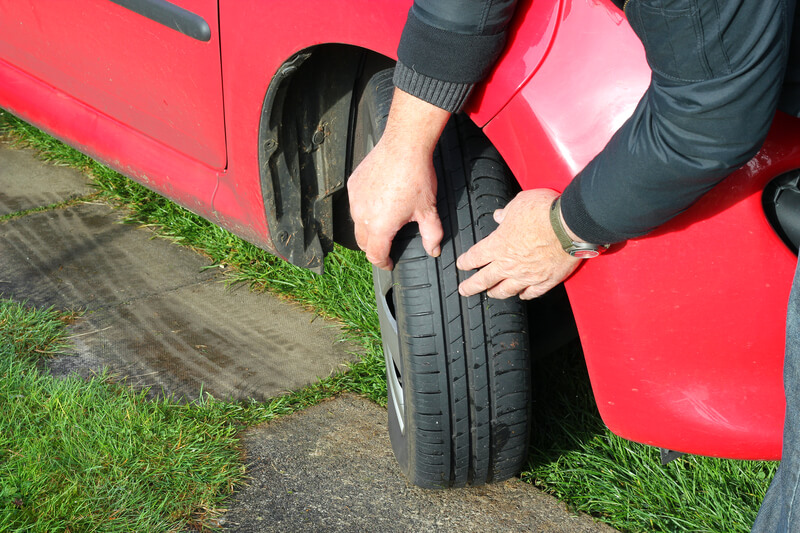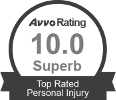Staying safe this back-to-school season
We may still have a couple more months of summer weather here in Atlanta, but for metro kids, it’s already back-to-school season. Whether you’re walking your little one to his or her first day of kindergarten or handing over the keys to your high schooler, it’s helpful to brush up on drop-off and pick-up safety. After all, a new school year is a great time to refresh routines and make some resolutions about the behavior you want to model.
Getting to school safely
If you’ll be driving your child to school, get a realistic sense of how long it will take so no one is too rushed in the morning. Talk to administrators or other parents about carpool procedures—most will be happy to give you some pointers. Here are a few to get you started:
- Teach your younger kids how to unbuckle their seatbelt and open their own door.
- Remind your older kiddos to gather up their things as soon as you enter the line.
- Try to seat your kids on the drop-off side so they don’t need to walk around vehicles.
- Never—no matter how late you are—pass cars in line.
If your child is walking to school or biking, test the route first to flag any larger roads, spots without crossing guards or areas without crosswalks. You may also wish to organize a neighborhood walking or biking party, with a parent or two taking turns as the daily leader.
For bus riders, emphasize visibility. While cars are supposed to stop for school buses’ flashing lights, not all do. Teach your child to look both ways before crossing by a bus and to stay where he or she can see the driver. Ask your child to buckle up while onboard. If your district still has buses in the fleet without seatbelts, contact them about upgrading to newer models.
Handling the unexpected: What to do if you’re in an accident with your kids
During the school year, you’ll likely log a lot more miles with your kids, whether you’re covering school runs or ferrying them to sports, activities and play dates. If you’re in a crash while your kids are in the car:
- Call 911 and let the operator know there are children with you.
- Check on yourself and your kids.
- If you’re able to, move your car to a safer location. If you need to leave the car, take your children as far from the road as possible.
- Call a partner, family member or friend for help on the scene.
- Get your kids checked out for injuries even if they’re not obviously hurt. Kids experiencing headaches, trouble sleeping or confusion might be suffering from a concussion. You may also want to speak with your pediatrician about how to help your child process anxiety or trauma from the accident.
- Replace your car seats if the crash was serious, or if they’re at all damaged. If the other driver was at fault, their insurance company should cover this cost.
Modeling the behavior you want to see
With frightening road rage incidents on the rise, it’s more important than ever to model calm, considerate driving for your kids. If you struggle with aggressive driving yourself, try to lower your own stress first. For many people, this means leaving more time to get where they need to go. Also remember to signal, avoid tailgating or sudden lane changes, and never gesture or honk in anger.
If you encounter an aggressive driver while your kids are in the car, try to let the other driver pass, even if it means turning onto an unplanned side road or changing lanes. Avoid pulling over, however, as the other driver may see this as an escalation. If a driver is truly frightening you and won’t back off, call 911 and head to the nearest police station.
While your kids are watching how you handle stressful driving situations, they also notice if you text, adjust the entertainment console or give in to being a backseat referee for sibling squabbles. Explain to your kids that your most important job is focusing on the road, and make a point of putting away your devices. When it comes time to set expectations with your teens about texting or social media use while driving, you’ll have had years of positive modeling to back you up.
Attorneys for Atlanta car crashes
If you’ve been hurt while your kids were in the car, or if your children have been involved in an accident, you need a personal injury attorney who understands the complexity of pediatric injuries. If you need help, contact the personal injury attorneys at Litner + Deganian for a free consultation.












